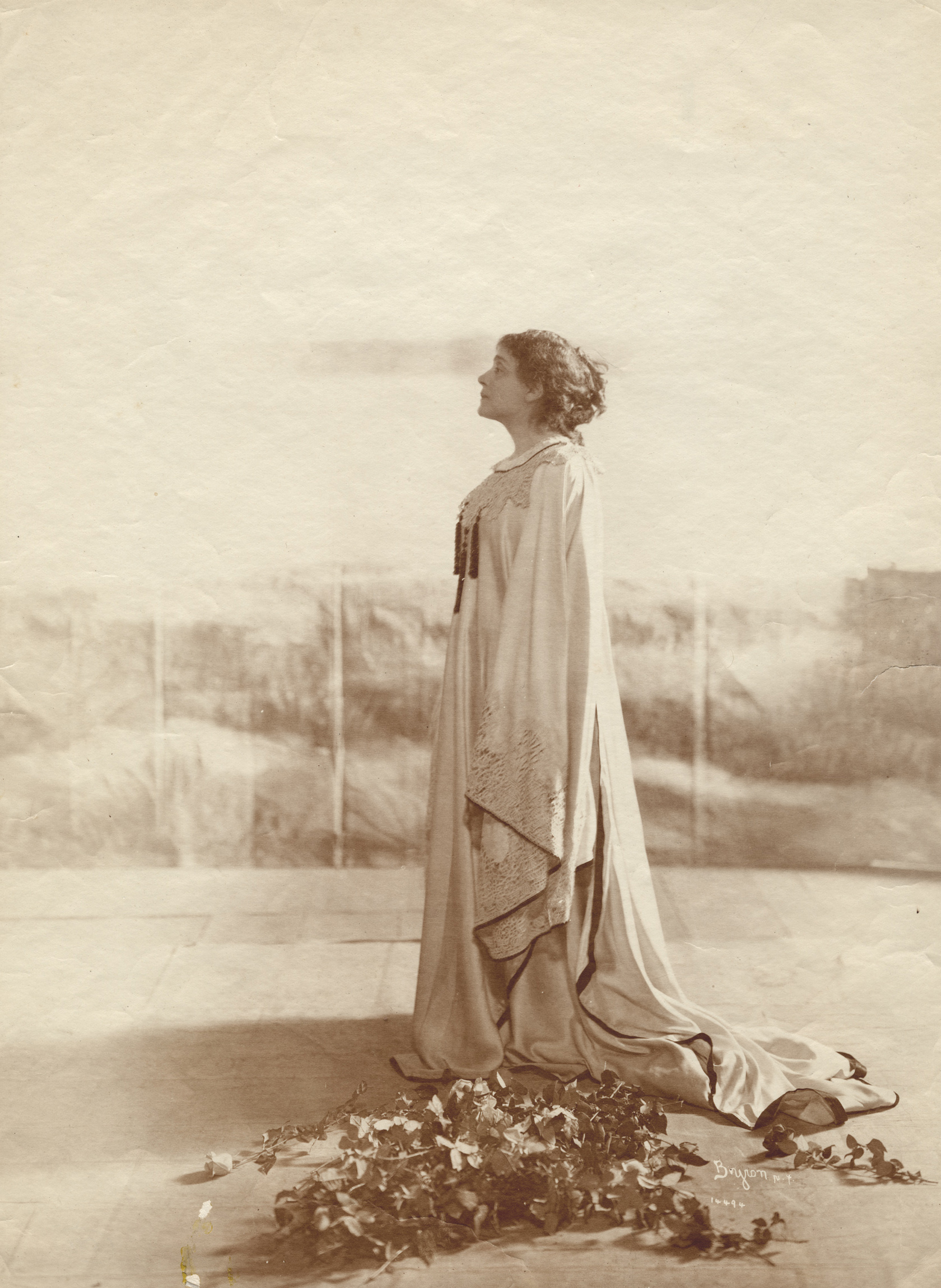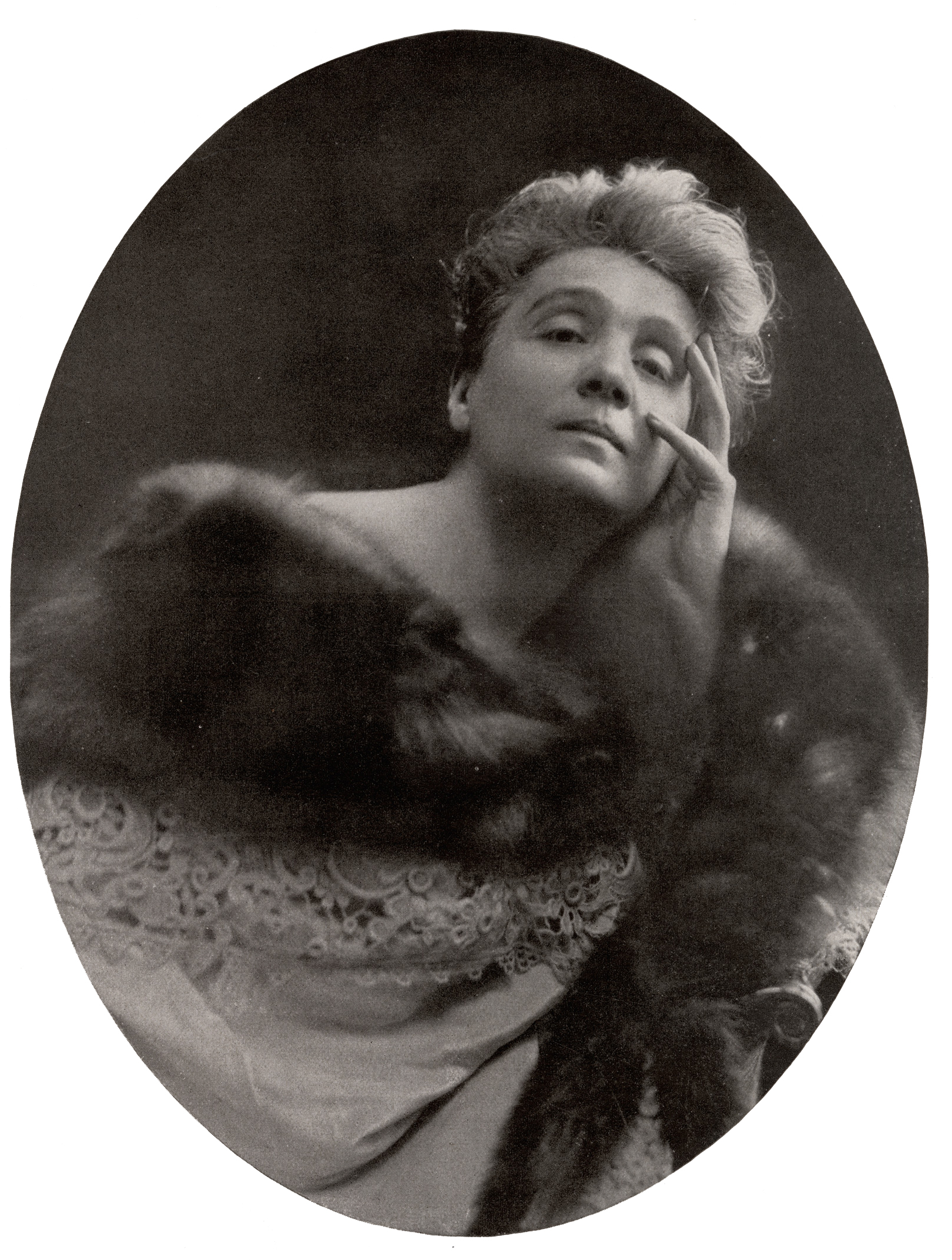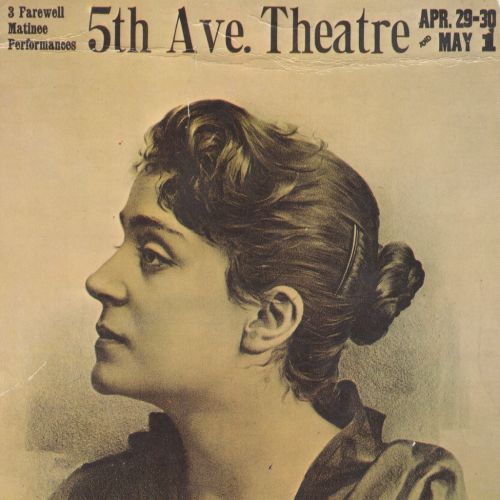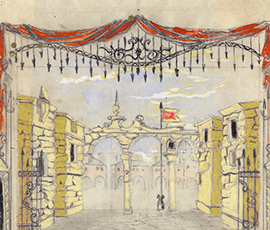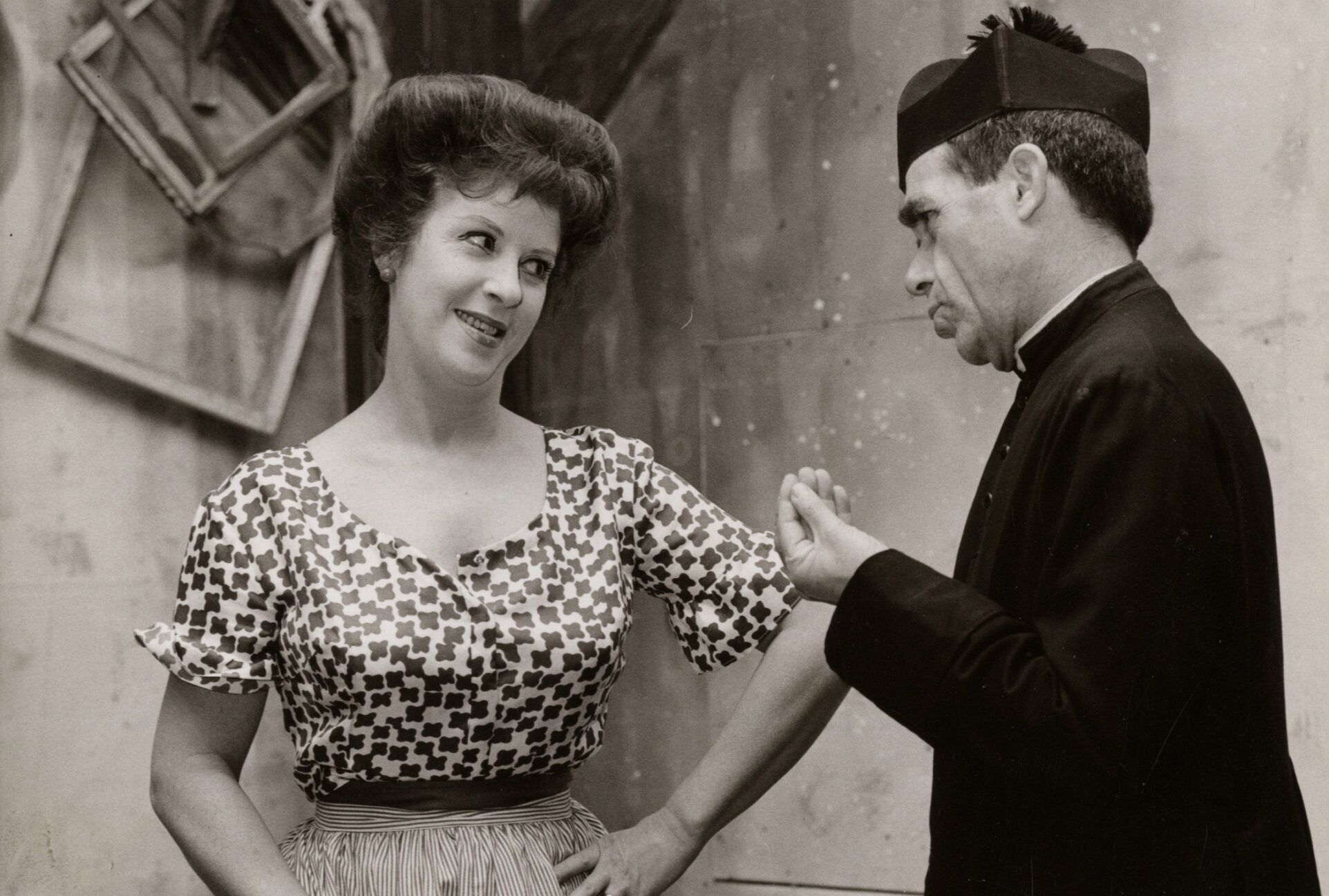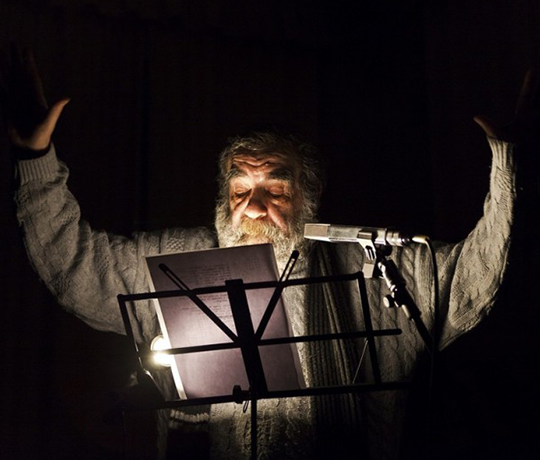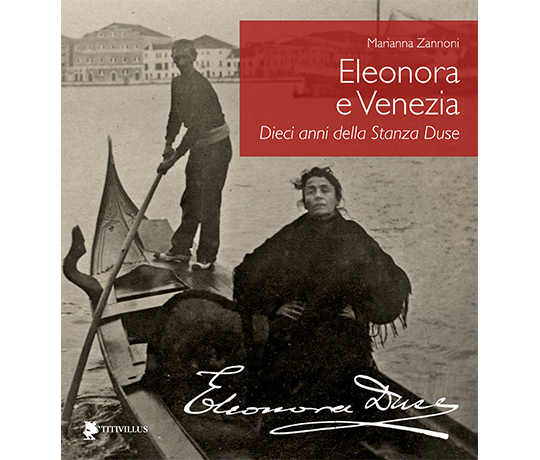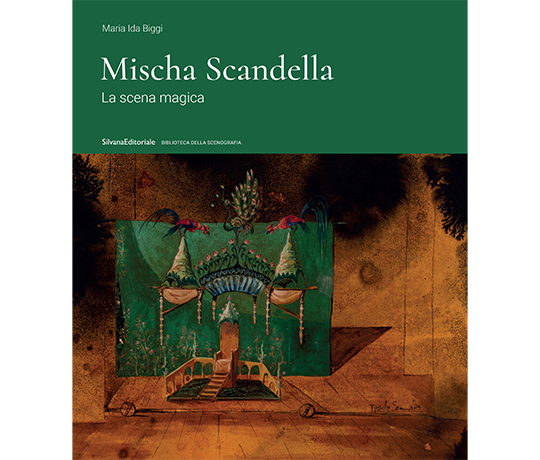On the occasion of the 100th anniversary of the death of Eleonora Duse (Vigevano 1858 – Pittsburgh 1924), the Institute for Theatre and Melodrama opens to the public a temporary exhibition that tells the extraordinary story of this artist.
The exhibition, designed for the spaces of Palazzo Cini in San Vio, aims to portray the famous actress from documents and objects that belonged to her, preserved in the Archives of the Institute for Theatre and Opera. These are unique objects, capable of testifying to the particularity of this revolutionary artist, a point of reference not only for the theater scene of the time, but also for European culture in the decades between the 19th and 20th centuries. Among them, the dresses that belonged to her and pertained to her private wardrobe will have a special relevance. These are haute couture models, perfectly preserved, which restore the charm of distant and particularly evocative years. In addition to the dress made by the Magugliani tailor’s shop, models created by the Jean Philippe Worth atelier, one of the first fashion houses active between London and Paris at the turn of the century, creations by Paul Poiret, the artist who at the beginning of the 20th century made the first form of women’s pants, and some garments made by Mariano Fortuny will be exhibited.
In addition, other precious materials will be on display in the exhibition: autographed letters from various correspondents, rare photographs showing Eleonora Duse in moments of her private life and in stage costume, and precious objects that belonged to her that give back a glimpse of her refined and original taste.
The exhibition aims to offer visitors a snapshot of the great artist who was a symbol of Italian theater in the world, through significant and extraordinary pieces from the Archives, which the Giorgio Cini Foundation’s Institute for Theater has been preserving, at the behest of the actress’s niece and other donors, for many years.
